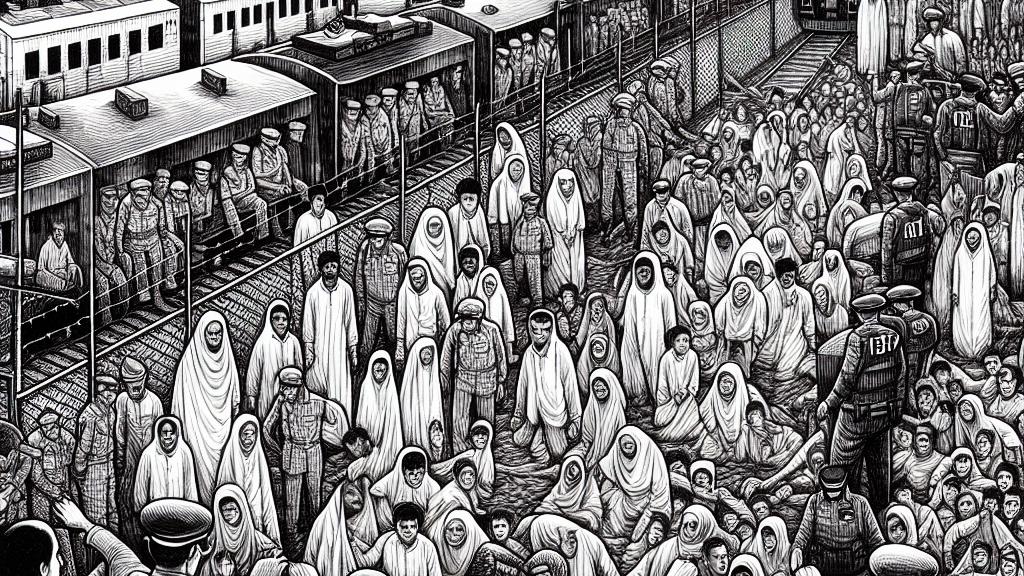Nigerian President Orders Release of Children Detained During Protests
Overview
- In a swift response to public outcry, President Bola Tinubu orders the release of 27 teenagers.
- Footage of minors collapsing in court sparks outrage, highlighting urgent human rights issues.
- The dropped treason charges signal a crucial moment for youth justice and governance reform in Nigeria.

A Shocking Incident Unfolds
In a heart-wrenching scenario in Nigeria, President Bola Tinubu has made headlines by intervening to free 27 teenagers who were detained during anti-government protests. This incident took place in the bustling capital of Abuja, where these minors, aged between 14 and 18, were facing alarming treason charges. The situation escalated dramatically when footage emerged of some of the youngsters collapsing in court, reportedly due to severe malnourishment. Such disturbing scenes, which quickly went viral, ignited a massive wave of public outrage, with citizens demanding accountability and condemning the treatment of these vulnerable youths.
Understanding the Protests: A Call for Change
The protests these teenagers were part of—known as the #EndBadGovernance movement—arose amidst Nigeria's deepening economic crisis, where skyrocketing inflation and alarming unemployment rates plagued the populace. The youth-led demonstrations sought to bring attention to the government's failures, as they marched for accountability and change. Sadly, peaceful protests turned chaotic, resulting in violent clashes with law enforcement that led to fatalities and numerous arrests. Rights organizations have vocally condemned the government's heavy-handed approach, asserting that the treatment of these minors represents a broader crisis of youth disenfranchisement and systemic challenges that afflict many Nigerians today.
Government Response: Taking Actions for Tomorrow
In wake of this public uproar, President Tinubu's administration has taken essential steps to not only secure the immediate release of these minors but also to open an investigation into their prolonged detention. Remarkably, reports indicate that the treason charges against them have been dropped. This approach illustrates a significant shift in how the government is now addressing dissent, especially among the youth population. This pivotal moment could be a turning point for Nigeria, emphasizing the necessity for comprehensive reforms that prioritize the rights of young people. Going forward, the safeguarding of these youths may not only pave the way for a more equitable society but also serve as a crucial element in restoring faith in Nigeria's governance.

Loading...